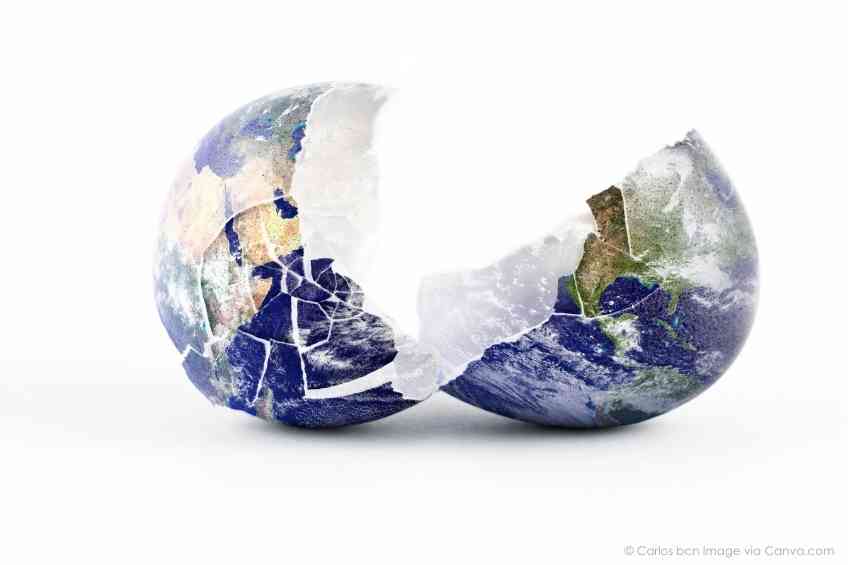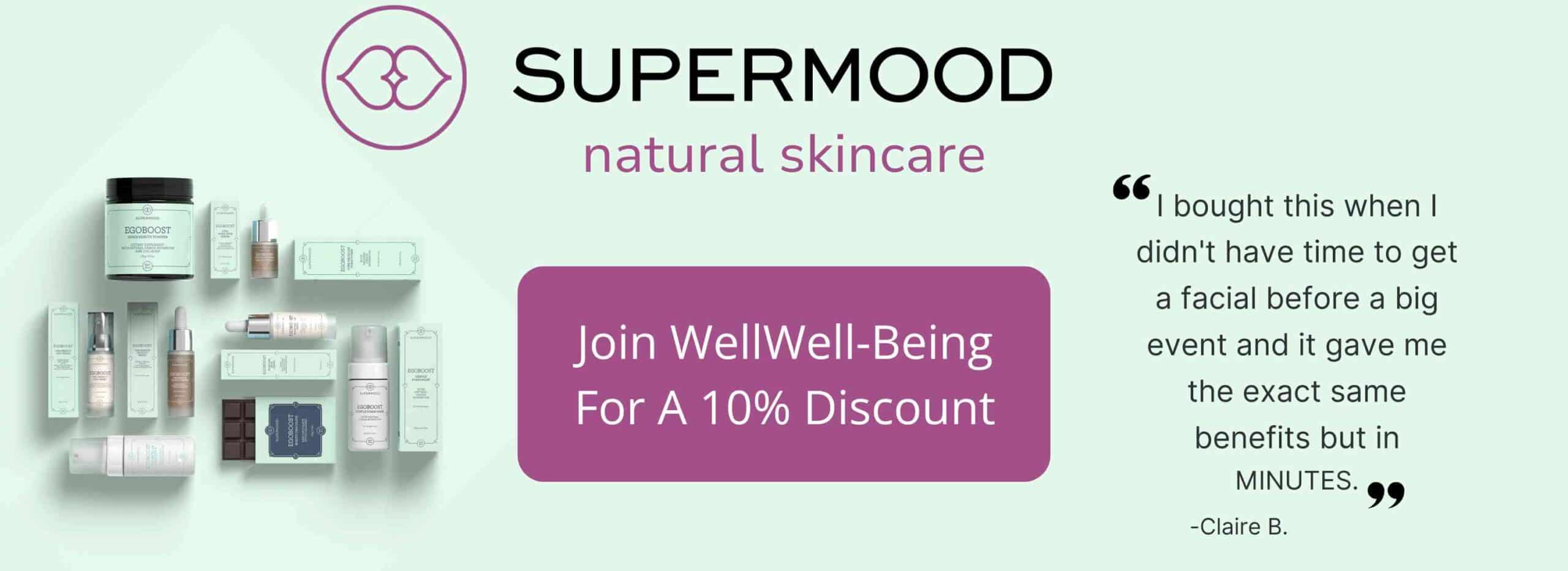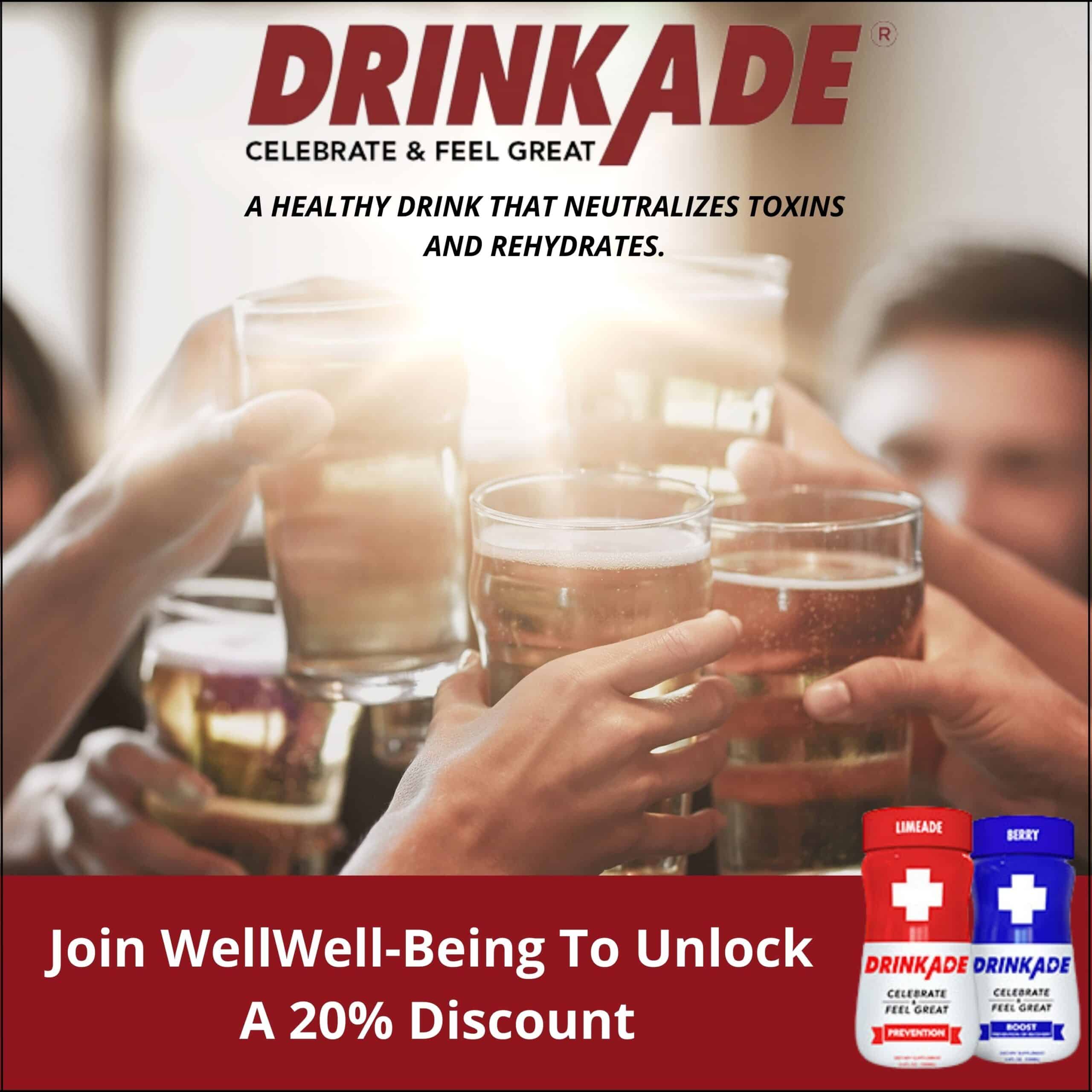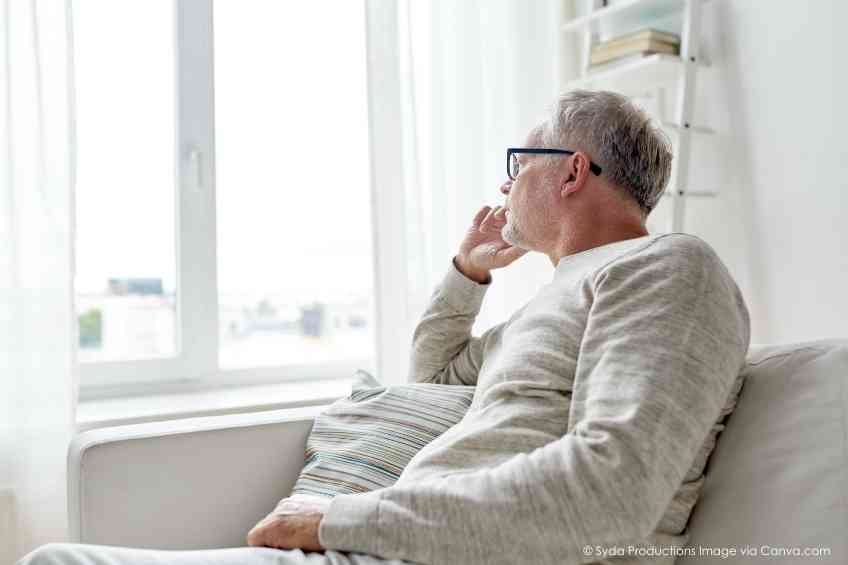The world can seem like a pretty intimidating place, almost a shattered mess given lockdowns, wars in Ukraine and the Middle East, political divisiveness and the growing threat from climate change. Their combined impact isn’t simply sad, it can be overwhelming for many. It can also undermine a person’s mental health. Unfortunately, a lot of these issues are out of the control of individuals, which begs the question of how they deal with their mental health consequences. Dr. Ahona Guha recently connected with WellWell to offer some guidance. The author of Life Skills For A Broken World explained the difference between natural anxiety and issues that require professional help, while also providing tips for leading a happier and healthier life. Read on.
Your latest book Life Skills For a Broken World seems to be an outgrowth of your earlier work. How does it differ from your earlier writings?
The first book that I did, Reclaim, provides an understanding of complex trauma and its reasonably theoretical work. Still very accessible for the layman reader, but far more serious in terms of its subject matter. Life Skills is meant to be a short, sharp, punchy introduction. It’s also illustrated and broken up into a really small scale, so it’s far more of a broader introductory framework. Reclaim really jumped into the topic of complex forensic psychological trauma in some detail. This book is more mental health work for the layman reader.
It’s certainly more accessible to the non-professional and non-mental health professionals. So, this then begs the question, is the world broken?
The world is not in a great place now. Australia had masses of waves of COVID lockdowns, there was a lot of anti-vaccination anger that was starting to brew. The cost of living is also now completely spiraling out of control. And there is geopolitical strife. We have a lot of that now with Russia invading Ukraine. There were a lot of things happening causing a lot of mental health distress. This made me start to think that the world is messed up right now and the phrase the broken world started to percolate. It does feel to me like we’ve stuffed the world up, whether it’s fully broken or it’s chipped or fractured.
Australia is geographically a little more isolated than other parts of the world. Do you think there are different degrees of stress on people that vary based on geography?
I know America is facing a range of political challenges that Australia hasn’t faced quite to the same extent. I think that the stresses on each different population are probably different obviously with similar connecting themes around climate change, political disruption and the rise of a strong far-right movement. I think some of these themes seem to be global from what I’m observing.
So, there may be different nuances by region, but a lot of us are facing the same issues and pressures?
It’s the same existential angst in the sense of what is going to happen to me and my family. Will I be able to access the things that I always thought that I’d be able to? How is climate change going to change things for me and my country? What’s going to happen to us as a human race? This seems to be the question that a lot of people are asking now.
In terms of mental health, is it always outside influences that are affecting us or is there something internal that affects us?
There are three factors. In the field of mental health, we talk about the broader biopsychosocial framework, which is the biological, the psychological and the social. When you’re thinking about biological, you might have a person’s genes and temperament. We know that certain types of mental health disorders are quite strongly heritable, passed down through the family line. We also have a person’s basic temperament, like what they would experience or were exposed to when their mom was pregnant. We have sprung from that initial temperament. So, their happiness set point, how they’re prone to thinking. How they see the world. How they experience emotion and their own capacity to maybe regulate emotion. And then we have the external social forces. You can have the biological and the psychological factors, down. Things can be great, but then if you’re exposed to something catastrophic like a war, obviously your mental health won’t be great. I think it’s really important to always look at all three. We tend to sometimes discount the social for the biological and the psychological, especially in the field of clinical psychology. But I think it’s really important, especially in my forensic work, to look at all three together.
Why do you think that is discounted when it comes to mental health?
If you’re talking about things like access to housing and food security, changing the social welfare system and introducing subsidized healthcare for everyone, these are difficult things to introduce and require political will. And I think based on the founding ideology of certain countries, there may not be that political will. I think it’s easier to focus on the individual. Mental health has been very individually focused.
If we focus on some of the cultural issues impacting people, whether it’s climate change, political movements and economic catastrophes, it seems difficult to lessen their impact because you’re going to bring up a whole range of issues.
Exactly. And thinking about the war currently raging in Palestine and the conflict there, that’s again one of those difficult subjects that draw in a host of competing ideologies and emotions. It feels like maybe when we can’t fix something we put that on which we can control and that is certainly a good psychological principle. So, what I always work with clients on is controlling what you can and just letting the rest go. But I can see how societally that could possibly become iatrogenic when we just give up hope and when we just give up the capacity to push for sustained change because it feels hard. And I think that’s where the will is falling down.
Are these issues more difficult for younger people who may be more attuned to the impact of these issues than older people? How does age affect this?
My experience has been that it’s more strongly felt by younger people. It might be because it’s their futures that we’re talking about. If I were older say 80 or 90, I’d be thinking about my next 10 years and I’d be checking out and so I wouldn’t be worried about that. But if you’re 10 or 15 years old now, you’re thinking about your entire lifespan and you’re looking at climate change predictions of the catastrophic fires and floods and massive cyclones coming. Some older people are also quite anxious about it and more so when they are thinking about their own families about what life is going to be like for future generations. But as we age, there is sometimes a sense of comfort. Maybe it’s a sense of this is my world and I know how to interact with it. Maybe this gives people a certain sense of ability to manage it because they’re not engaging with some of these thoughts as much. Maybe because it’s not personally relevant or because they’re not on social media as much.
The subtitle of your book is A Practical Guide To Good Psychological Health. Do you think there’s a lot of flawed advice out there, or are you just saying this is just a layman’s take on mental health?
There is so much flawed advice. You just have to jump on TikTok and Instagram and see all the influencers and therapists and just read a little bit of the self-help literature that is sweeping the world. These platforms provide a simplistic understanding that if you fix your attachment style, everything is going to be great. I wanted my book to be evidence-based and practical and something that people could bring in and apply to their own lives. And I intended that this be something that people could pick up when they’re feeling down and they can flip to the right chapter and find some helpful words.
How do we know when someone needs professional help?
I think that there is a firm limit to this book and I set out in the introduction that if you have diagnosable mental health issues or specific strong symptoms, then you should seek special help and this is just an adjunct. If you’re depressed or if there’s a lot of emotional distress or if you’re engaging in behaviors that don’t quite make sense that are affecting your quality of life—things like binge eating, compulsive substance use or if certain things are happening that maybe mean that you aren’t able to engage with the world, then you may want to seek professional help to understand what’s happening. And of course, if you’re feeling suicidal or any of those really intense feelings, that is a time when you seek professional help instead of picking up a book. A book though can be a nice adjunct sometimes.
What are some of the biggest misconceptions we have in personally dealing with mental health?
We need to understand that as deeply connected feeling beings, we’re going to have bad days. We are going to feel depressed. We are going to feel anxiety. It doesn’t necessarily mean we suffer from mental illness unless it’s significant enough in terms of how bad you feel and if it continues for long enough. But having the odd day where you feel anxious because you’re about to take a podcast, or because you’re about to be on TV is understandable. That’s actually a very adaptive response to how your body flows with the changing states of life. I think not pathologizing negative emotions is a really big takeaway. We are all going to feel this entire range of emotions. We’ll be happy. We’ll be hopeful. We’ll feel joy. We’ll feel love. We’ll feel excited. But we’re also going to feel sad and we’re also going to feel angry. We’re also going to feel anxious and good mental health is being able to experience all of those states when they’re evoked by the world around us. Being able to understand why they’re coming up and being able to tolerate them for a while. Because it’s important to sit with discomfort instead of just pushing it away. and then being able to process and let go and move through.
 About Dr. Ahona Guha
About Dr. Ahona Guha
Dr. Ahona Guha is a clinical and forensic psychologist. She works with victims of abuse and trauma, and clients with a range of other difficulties, such as anxiety, depression, perfectionism, burn-out and relationship problems. She also works with perpetrators of harmful behaviors to assess risk and provides treatment to reduce the risk they pose to others. Her first book, Reclaim: understanding complex trauma and those who abuse was published by Scribe Publications in 2023. Guha’s latest book, Life Skills For A Broken World, lays out techniques from a range of therapeutic modalities to demonstrate how people can build a range of essential psychological skills and apply them to live a more tranquil and joyful life. Please visit Ahona Guha and Life Skill For A Broken World to learn more.













